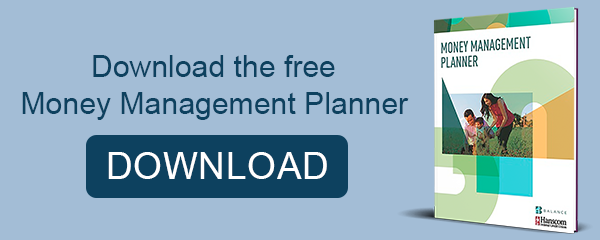There’s a household item that you probably consult every day that can save you big bucks. It might be on your phone or your laptop, in your purse, or even hanging on your spare room wall. Sometimes it features inspirational sayings, trivia questions, or images of the Grand Canyon or a kitten tumbling with a piece of yarn.
I’m talking about a calendar.
Whether we rely on the old-fashioned paper version or an online iteration that can be edited and shared, we all have them. How else would we know when we have yet another meeting, or a family function that requires snack preparation beforehand, or even an all-too-rare evening that’s clear to Netflix and chill?
But we can — and should — consult them to make our days, weeks, and months more lucrative financially.
Here are some ways that, with a stroke of the pen or a click of a mouse, you can use your calendar to add some money to your life.
1. Keep track of automobile maintenance
How often you need your oil changed varies depends on your car's maintenance guidelines, but most experts agree that it’s a relatively inexpensive way to ensure your car keeps running smoothly. Too much sediment in your oil can clog up injectors and cause sludge to build up, which can result in engine damage. So be sure to put “oil change’’ on your calendar every few months.
And yes, your oil change shop probably slaps a sticker on your car with the next recommended date. But at least for me, this sticker is something I see constantly but don’t really notice.
Speaking of windshield décor that can be easily overlooked, that pesky inspection sticker matters. Mark down the month your vehicle needs to be inspected. And mark it down a month before, because, if you are anything like me, you will wait until the last minute, so that four-week lead time helps.
If you don’t get your sticker in time, you could face a ticket. That’s bad enough. But having a traffic ticket can haunt you for years. You could wind up paying a whopping 20 percent more for three years, with increases over time.
Wait too late in your inspection month and long lines of other procrastinators, and subsequent stress can result. So remind yourself early the month before that a visit to the nearest inspection station is in order.
2. Jot down when free trials run out
I signed up for a free trial on one of those genealogy sites that can let you know your family history and whether you are related to Abraham Lincoln or Attila the Hun. Well, apparently I am kin to some pretty forgetful folks because I blanked out on agreeing to the free trial ... until the not-so-free monthly fee showed up on my credit card. Did I learn from this?
Nope.
There was the online job networking site that tempted me with a free period when I could, among other things, see who was viewing my profile. The site then got my money when I lost track of time because while others were viewing me, I wasn’t viewing my calendar. (At least I don’t boast financial planning on my résumé.)
Trials aren’t always bad. I reconnected with a long-ago supervisor through this networking site. Just remember that free months end.
And give yourself a few days of extra time. While it’s usually easy to sign up for free trials, signing off can be more of a challenge, with the option listed in small type or in a less-than-intuitive location.
3. Free or reduced days
My home city had a great free shredding event that I remembered the next day. Massachusetts has Free Fun Fridays when certain popular family attractions are free. Movie theaters often have reduced tickets and snacks on certain days, often Tuesdays or Wednesdays.
Speaking of midweek, that’s also when you can often get good deals at your favorite restaurants. Your favorite Mexican restaurant might have $1 tacos on Tuesdays, for example. But you don’t want to remember it on Wednesday. By savoring the mid-week morsels, you can stay home Fridays when restaurants are busier and items are generally available only at full price.
But you can only do this when you remember these money-saving dates. So mark them down and leave your wallet (or at least your full wallet) behind.
4. Set reminders for upcoming Personal Events
This saves the dash to the store the day before, when urgency can override common sense in what you should spend. Ditto weddings and other family celebrations.
Then save the days leading up to the big event for more pressing questions like what you should wear or how you can gracefully dodge the bouquet toss.
5. Remember when bills are due
This is a big one. About one in five credit card accounts incur late fees. That’s 170 million accounts.
This stunning statistic puts $11.4 billion in the coffers of the credit card companies, when it should be staying in yours.
Besides costing more money (and that’s in addition to the expected interest charges) this can harm your credit score. This leads to higher costs for major long-term expenses such as mortgages and car loans.
So mark down the due dates on your calendar, keeping in mind the extra time you will need to make payment deadlines, particularly if you still mail them in.
Learn how to take control of your finances! A sound spending and savings plan is the foundation for your long-term financial success. You'll find the plan you need in our free Money Management Planner!
Others are reading:




.jpg)









Comment